NEWS
[EXCLUSIVE] Shared Prosperity Vision 2030 To Replace NEP - Masa CEO
 File photo.
File photo.By Niam Seet Wei & Zairina Zainudin
KUALA LUMPUR, Sept 30 -- The Shared Prosperity Vision 2030 (Vision 2030) will be the new economic and development policy to replace the current New Economic Policy (NEP), which is deemed as having put the country in the wrong direction.
Institut Masa Depan Malaysia (Masa) board member and acting chief executive Mohd Nizam Mahshar said the NEP did not seem to achieve its goals as problems like income and wealth gap between classes, races and territories, as well as extreme disparities in the supply chain, remained unresolved in the country.
It also failed to achieve the goals that were meant to be achieved -- poverty eradication and economic restructuring.
“That has created separation, and whatever was meant to be achieved in the NEP seemingly is now diverted, and it is moving in the wrong direction,” he told Bernama in a recent interview.
According to Mohd Nizam, under the NEP, the country was segmented by racial background, which created insecurity among the people.
“And the gap was not only in the context of income, but also professions, jobs, and even within small and medium-sized enterprises (SMEs),” he said.
Mohd Nizam, who is also a member of the Economic Action Council (EAC) under the Prime Minister’s Office, also lamented that the Economic Transformation Programme (ETP) or income growth target set under Barisan Nasional's (BN) New Economic Model (NEM) also did not seem to have put Malaysia in the right direction.
"Instead, they have created problems such as concentrated development and turned Malaysia into a low-income economy that relies heavily on the foreign labour force,” he said.
The ETP and NEM were introduced in September and March 2010 respectively under then Prime Minister Datuk Seri Najib Tun Razak’s administration, with the aim of transforming Malaysia into a high-income nation by raising the gross national income per capita to US$15,000 by 2020 from US$7,059 in 2009.
Mohd Nizam said Vision 2030 is the new economic and development policy for the country, noting it continues the previous plans under Vision 2020 that had moved Malaysia from an agricultural economy towards an industrial-based economy.
“And it will be the new policy as the Prime Minister (Tun Dr Mahathir Mohamad) mentioned earlier that we may not achieve our Vision 2020 target," he said when asked if the newly-mooted Vision 2030 will replace the NEP launched in 1971 during the tenure of Malaysia’s second Prime Minister, the late Tun Abdul Razak Hussein.
Vision 2020, launched in February 1991, was the brainchild of Dr Mahathir, with the ultimate goal of making Malaysia a fully developed country by 2020.
However, Mohd Nizam acknowledged that the NEP had achieved some goals such as successfully managing the poverty level in the country.
“But we still need to manage the relative poverty problem that we are facing now,” he said.
Asked if Malaysia would keep the delayed target of becoming a high-income nation in 2024 set under the mid-term review of the 11th Malaysia Plan (11MP), Mohd Nizam cited Dr Mahathir as saying that Vision 2030’s target is not about gross domestic product (GDP) growth alone to achieve high-income nation status, but about providing a new structure to the economy and distributing wealth among the people.
“So, the target and the goal have changed, and we are moving into a new direction, and that (high-income nation target) is no longer the agenda," he added.
Dr Mahathir first introduced the Shared Prosperity Vision 2030 on May 9, 2019 in conjunction with Pakatan Harapan's (PH) first anniversary as the federal government, with the goal of providing a decent standard of living among all Malaysians by increasing the people’s purchasing power, as well as eliminating the income and wealth gap between classes, regions and extreme disparity in the supply chain by 2030.
In his keynote address, Dr Mahathir also said under the new vision, the government would aim for a developed, dynamic and prosperous country, but the development should not be assessed through GDP figures, which do not mean much to the man in the street.
Asked how convincing it is for the people to believe that the new PH-led government would achieve the new goal in just 10 years’ time when the previous government, which ran the country for over 60 years since independence in 1957, is unlikely to achieve Vision 2020 on time, he said that he truly believed that the new government has learned from the previous government's mistakes and has reprioritised the country's economic agenda.
"It is not merely about the leaders, it is about the leadership, the people, industry, businesses and the private sector among others, we need to trust that we have that kind of potential," he said.
As Dr Mahathir had hoped that Malaysians at all levels could scrutinise the shared prosperity concepts and plans before they are included in the 12MP and 13MP (2021-2030) to achieve the goals by 2030, Mohd Nizam believed that within the transition period, the upcoming 2020 Budget would capture most of the elements of the vision to align and gear the plans and policies towards achieving the vision.
"Of course, the challenge is that we do not have full resources, as we still need to pay the (government) debt (of over RM1 trillion), which is one of the biggest problems that we have," he said.
Overall, Mohd Nizam said the whole idea of Vision 2030 is still about growth, but a growth with equal distribution of wealth and opportunities, driven by an outcome-driven government.
"It is very hard for us to achieve parity for everyone to receive an equal distribution of things, as it goes down to the effort of the people, which is, people who work harder will get more.
"But what we want to ensure is that the opportunities and the right intervention are given so that everyone, in the end, will arrive at the same, or at least almost the same destination.
“So that (vision) is about providing an equitable growth for everyone," he said.
-- BERNAMA
OTHER NEWS
Budget 2022: Impact on fixed income market almost negligible, says Manulife
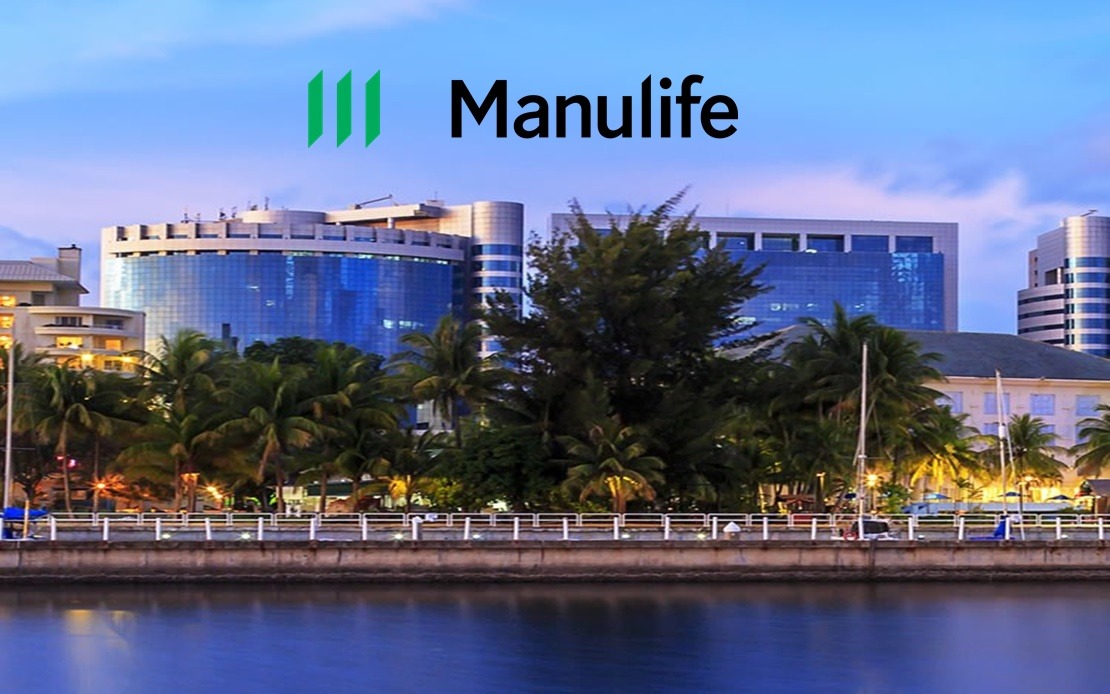
KUALA LUMPUR, Nov 12 -- The impact from Budget 2022 on the fixed income market is almost negligible, given that there were no major surprises in terms of the country’s debt financing requirement and fiscal position, said Manulife Investment Management (Manulife).
Govt needs to look for other ways to increase revenue beyond Budget 2022 taxes - Expert
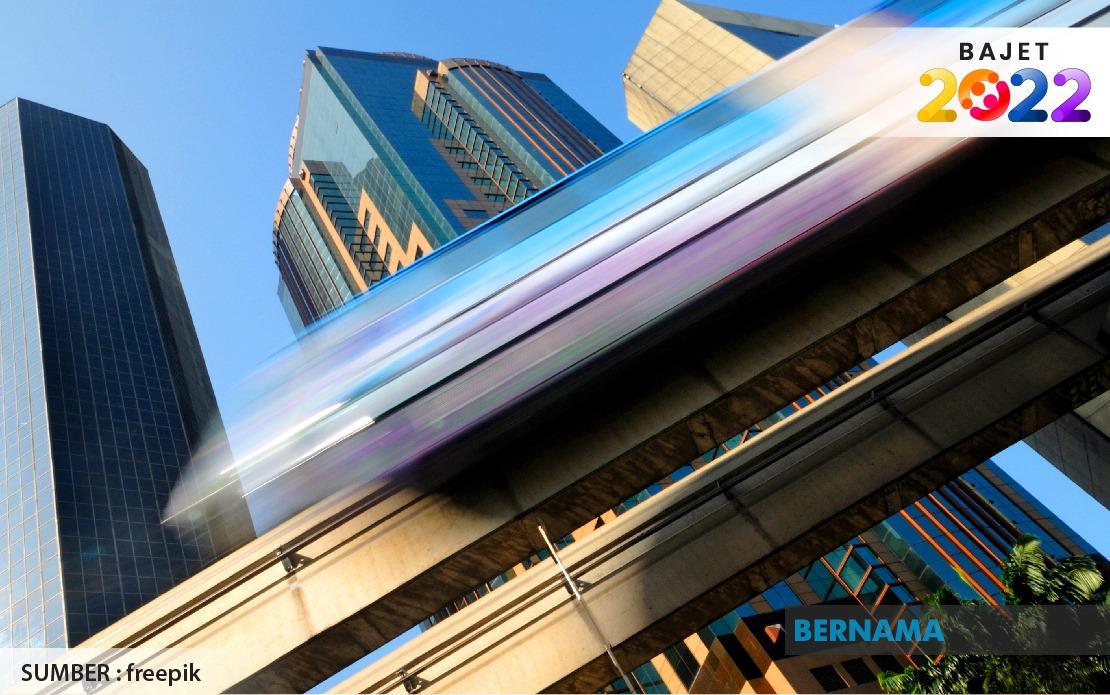
KUALA LUMPUR, Nov 11 -- Budget 2022 tax initiatives may not contribute significantly to government revenue and there is a need to look for other ways to increase it for the sustainable economic growth of the country, according to a tax expert.
Budget 2021 formulated based on valid data - MoF
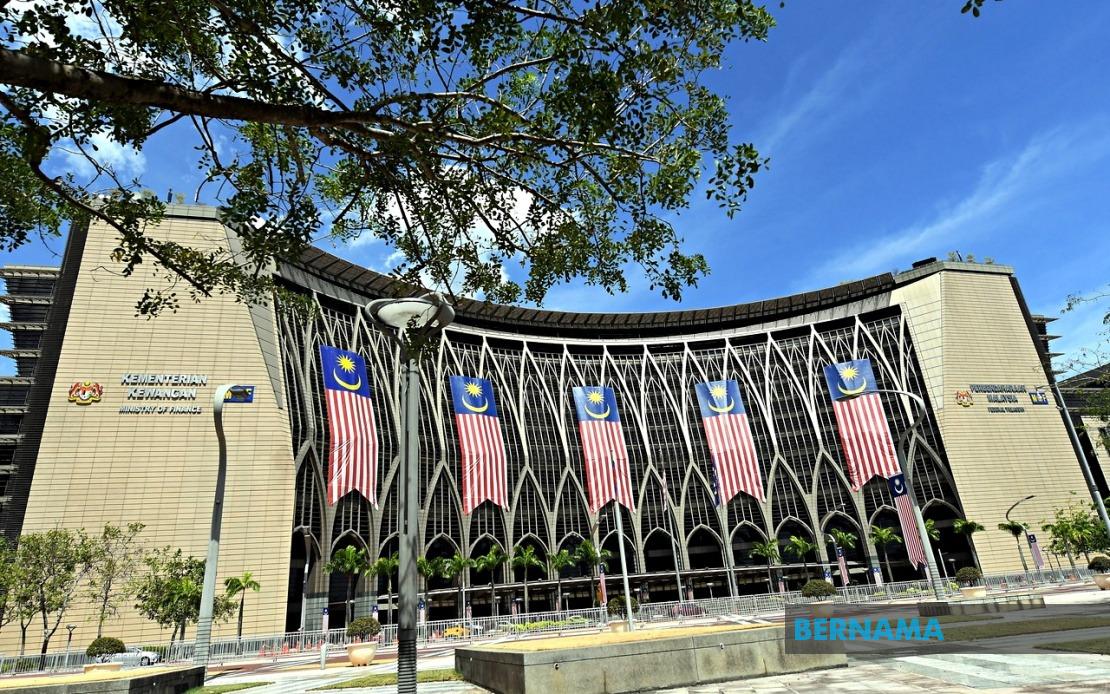
KUALA LUMPUR, Dec 16 -- Budget 2021 was formulated based on reports presented by relevant bodies whose data could be determined to be valid, the Ministry of Finance (MoF) said.
HIGHLIGHTS
Budget 2022 initiatives to drive Malaysia's EV sector ahead
Budget 2021: Allocation to ensure conducive learning environment - Radzi Jidin
Ku Li will not participate in Budget 2021 debate
Budget 2021: MoT to provide incentives to lighten people’s burden - Wee
RM200 mln plan to rehabilitate tourism in Budget 2021 - Nancy Shukri
EXCLUSIVE
Budget 2020 to fast track logistics industry growth - Industry players
Labuan Malay Chamber hails Budget 2020 as fiscal stimulus
Government urged to iron out issues pertaining to implementation of 90-day maternity leave
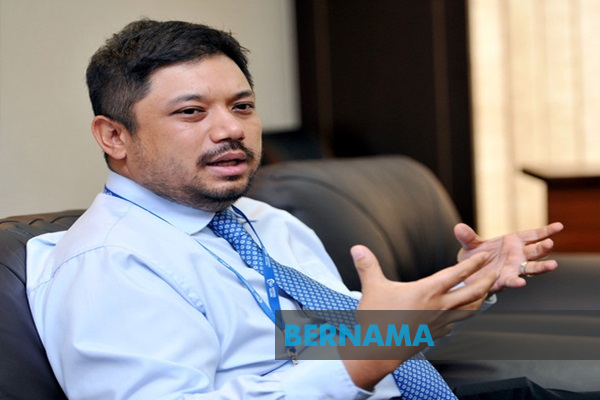
MANCHESTER, Oct 16 -- Industry players say the 2020 Budget tabled last Friday clearly reflects the government's commitment to developing the domestic logistics sector by addressing o...

Exclusive report by Jailani Hasan
LABUAN, Oct 16 --The Labuan Chamber of Malay Entrepreneurs ( DUML) has hailed the 2020 Budget presented by Finance Minister Lim Gu...

Exclusive report by Mohd Fharkhan Abdul Ghapar
KUALA LUMPUR, Oct 15 (Bernama) -- The government is advised to refine the implementation of the 90-day maternity ...
ECONOMIC REPORT
Budget 2021: MoT to provide incentives to lighten people’s burden - Wee
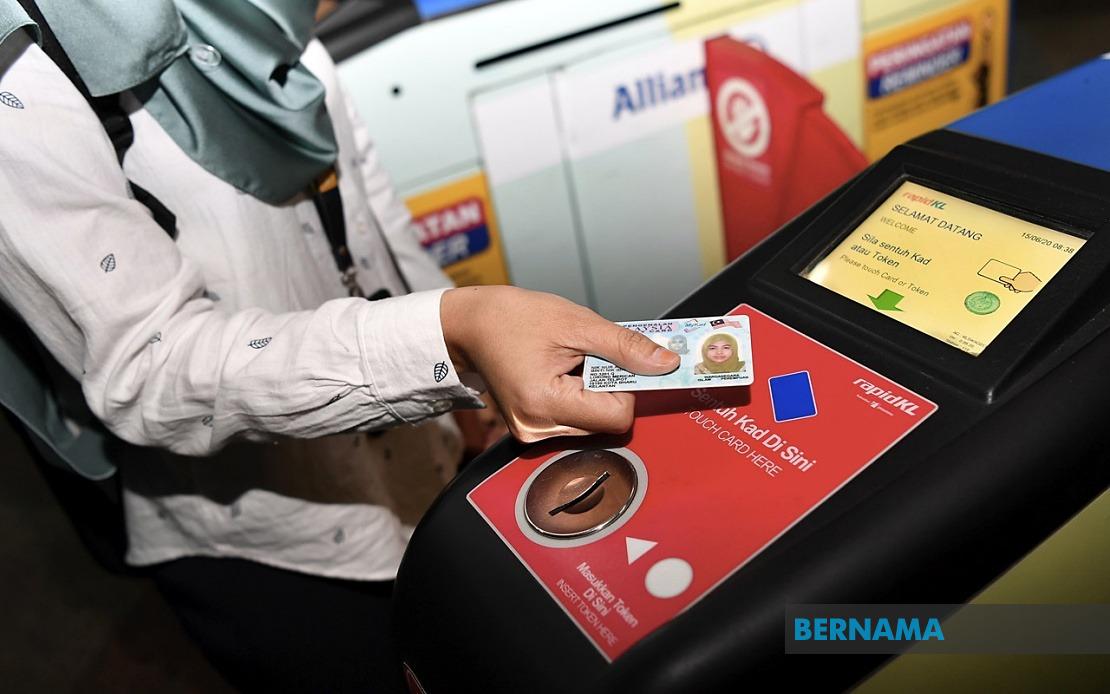
KUALA LUMPUR, Nov 19 -- The Ministry of Transport which receives RM6.05 billion allocation under Budget 2021, will be providing various incentives to benefit the people.
2021 Budget : MAFI, private sector must co-operate to optimise Budget 2021
KUALA LUMPUR, Nov 16 -- The Ministry of Agriculture and Food Industries (MAFI) and the private sector must escalate co-operation to optimise the allocation in the 2021 Budget to MAFI so that ...
Budget 2021 described as inclusive for all in tourism sector
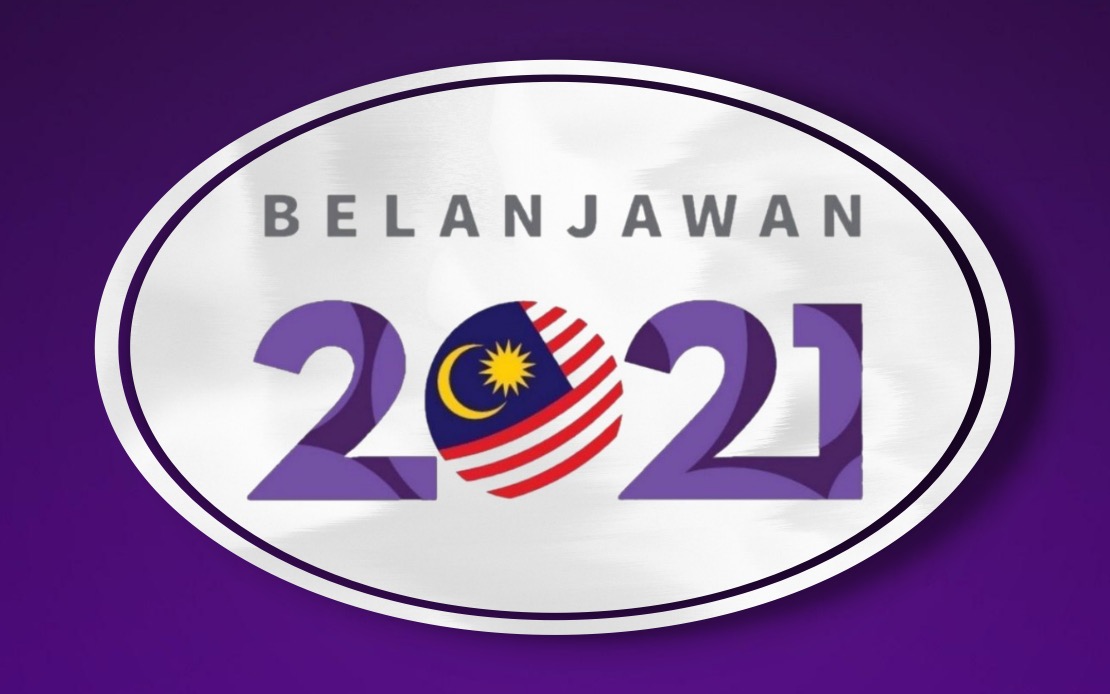
KUALA LUMPUR, Nov 9 -- The inclusive Budget 2021 touching on the involvement of various parties contributing to the economic chain related to the tourism sector is seen capable of revital...
BNC LIVE
BUDGET SPEECH

© 2025 BERNAMA. All Rights Reserved.
Disclaimer | Privacy Policy | Security Policy This material may not be published, broadcast,
rewritten or redistributed in any form except with the prior written permission of BERNAMA.
Best viewed in Firefox 58.0.1 (64-bit) & Chrome Version 63.0.3239.132 (Official Build) (64-bit) with 1920 x 1080 resolution